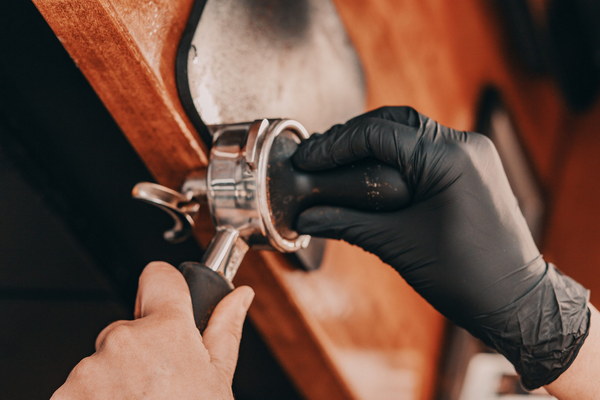Natural Liver Support Exploring the Power of Traditional Chinese Herbs in Liver Health
Natural Liver Support: Exploring the Power of Traditional Chinese Herbs in Liver Health
The liver is one of the most vital organs in the human body, responsible for a multitude of functions such as detoxification, protein synthesis, and the production of bile. However, with the increasing prevalence of lifestyle diseases and environmental pollutants, the liver often bears the brunt of our modern lifestyle. That's where the ancient wisdom of Traditional Chinese Medicine (TCM) comes into play. Traditional Chinese herbs have been used for centuries to support liver health and offer a natural alternative to conventional treatments. This article delves into the world of TCM and explores the benefits of some of the most potent liver-supporting herbs.
Milk Thistle (Silymarin)
One of the most well-known herbs for liver support is Milk Thistle, which has been used for thousands of years. The primary active compound in Milk Thistle is silymarin, a powerful antioxidant that helps protect liver cells from damage caused by toxins. Silymarin also stimulates the growth of new liver cells, which can aid in the regeneration of liver tissue. Studies have shown that Milk Thistle can be effective in treating liver conditions such as hepatitis, cirrhosis, and jaundice.

Artichoke (Cynara scolymus)
Artichoke is another herb that has been traditionally used to support liver health. The leaves of the artichoke plant contain a variety of compounds, including cynarin, which is believed to stimulate the production of bile. This bile helps the liver to break down and eliminate waste products more efficiently. Artichoke has also been shown to have anti-inflammatory properties, which can be beneficial for those with chronic liver diseases.
Dandelion (Taraxacum officinale)
Dandelion is a humble herb that has been used for centuries in traditional medicine, primarily for its diuretic and liver-cleansing properties. The roots and leaves of the dandelion contain a variety of compounds that are thought to support liver function. These include taraxacoside, which helps to protect the liver from toxins, and choline, which aids in the metabolism of fats. Dandelion is also rich in vitamins and minerals, which can help to support overall health.
Burdock (Arctium lappa)
Burdock is a potent herb that has been traditionally used to support liver and kidney function. It contains a compound called arctiin, which has been shown to have liver-protective properties. Burdock also has diuretic and anti-inflammatory effects, making it a valuable herb for those with liver conditions that are accompanied by fluid retention or inflammation.
Bupleurum (Bupleurum chinense)
Bupleurum is a herb that is often used in combination with other TCM herbs to treat liver-related conditions. It is believed to help improve liver function by promoting the flow of bile and reducing inflammation. Bupleurum is also thought to have a calming effect on the liver, which can be beneficial for those with stress-related liver disorders.
Turmeric (Curcuma longa)
While not traditionally a Chinese herb, Turmeric has been used in TCM for its healing properties. The active compound in turmeric is curcumin, which has been shown to have potent anti-inflammatory and antioxidant effects. Curcumin helps to protect the liver from oxidative stress and can also aid in the regeneration of liver cells.
Conclusion
Traditional Chinese herbs offer a natural and holistic approach to liver health. From Milk Thistle to Turmeric, these herbs have been used for centuries to support liver function and protect against a variety of liver-related conditions. While more research is needed to fully understand the mechanisms of action of these herbs, the evidence suggests that they can be a valuable addition to a liver health regimen. It's always best to consult with a healthcare professional before starting any new treatment, especially when dealing with liver health issues. By incorporating these traditional remedies into a healthy lifestyle, individuals can take a proactive approach to maintaining their liver's well-being.









